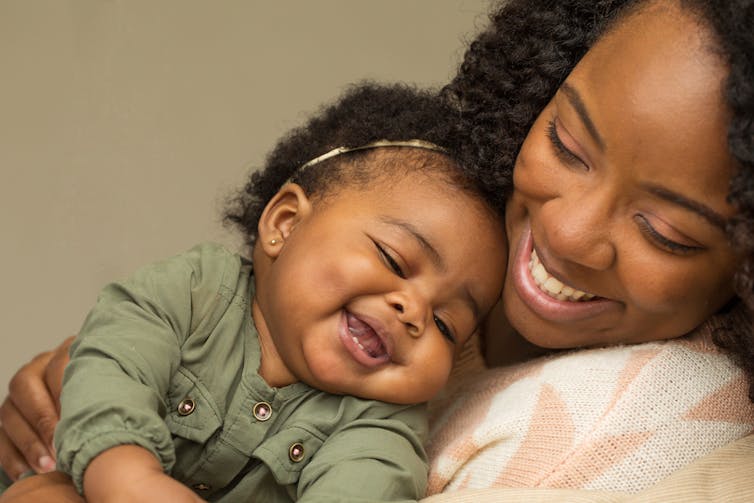PHOTO: Navi Pillay (third from right), UN High Commissioner for Human Rights, poses for a group photo with South Sudanese women from Jonglei State who shared stories about their experiences with human rights violations, including violence, child abduction, and forced marriage. UN Photo/Elizabeth Murekio
By Rachel Ibreck, Goldsmiths, University of London
A woman was recently elected as a senior chief in South Sudan – a not unheard of, but very unusual occurrence. This surely a positive change in a country ravaged by civil war and attendant sexual violence.
Rebecca Nyandier Chatim is now head chief of the Nuer ethnic group in the United Nations Protection of Civilians site (PoC) in Juba, where more than 38,000 people have sought sanctuary with United Nations Mission in South Sudan (UNMISS) peacekeepers. Her victory is of symbolic and practical importance.
South Sudan’s chiefs wield real power, even during wartime. They administer customary laws that can resolve local disputes but also reinforce gender differences and inequalities, to the advantage of the military elite.
So could a female chief work towards changing this? Admittedly, even if the new female chief is determined to effect change — which remains to be seen — the odds are against her. The chief and her community are vulnerable, displaced persons, living in a sort of internal refugee camp, guarded by UN peacekeepers. Fighting and atrocities have continued outside, especially in the devastated homelands of the Nuer people. But the new chief has the support of the former head chief and a group of male paralegals, who have celebrated her victory as an advance for gender equality. Together, they might make a difference.
Continue reading “Sexual Violence is Off the Charts in South Sudan – But a New Female Head Chief Could Help Bring Change”
















